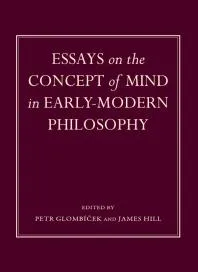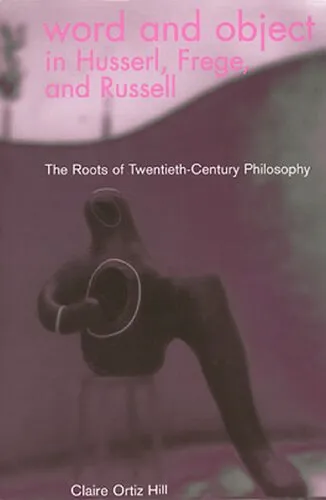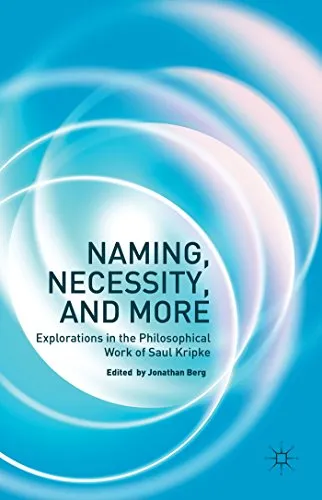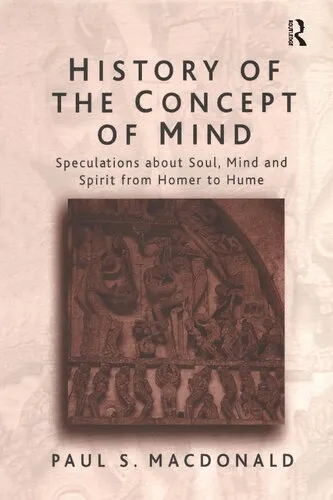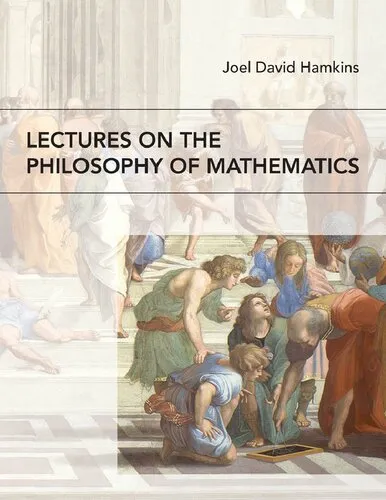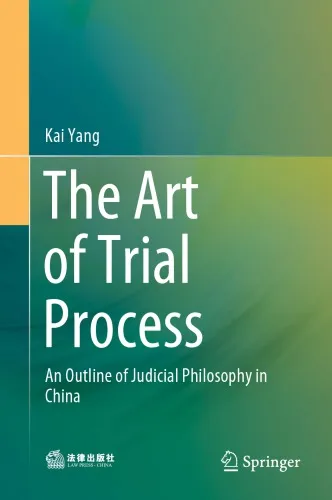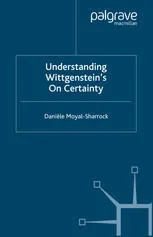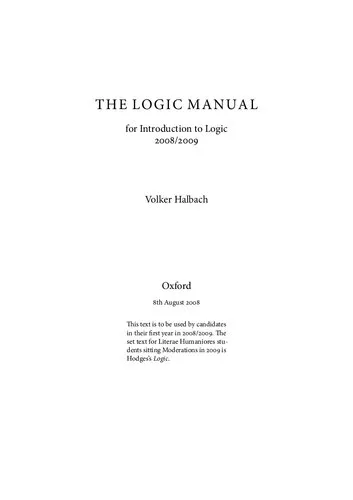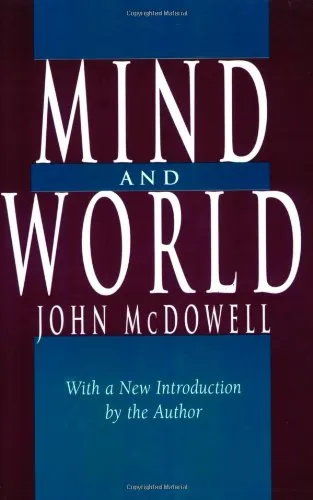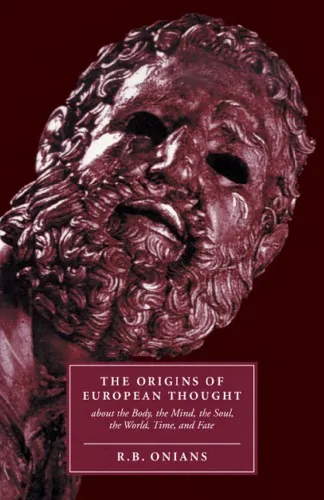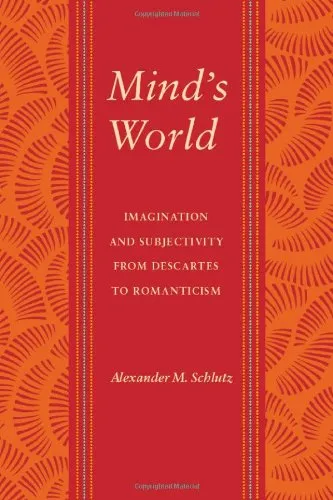Essays on the Concept of Mind in Early-Modern Philosophy
4.9
بر اساس نظر کاربران

شما میتونید سوالاتتون در باره کتاب رو از هوش مصنوعیش بعد از ورود بپرسید
هر دانلود یا پرسش از هوش مصنوعی 2 امتیاز لازم دارد، برای بدست آوردن امتیاز رایگان، به صفحه ی راهنمای امتیازات سر بزنید و یک سری کار ارزشمند انجام بدینکتاب های مرتبط:
مقدمه
کتاب Essays on the Concept of Mind in Early-Modern Philosophy به بررسی جامع و همهجانبه مفاهیم فلسفه ذهن در دوران مدرن اولیه میپردازد. این کتاب مجموعهای از مقالات تحقیقی است که به بررسی عمیق اندیشههای فیلسوفان برجستهای میپردازد که تأثیر بسزایی بر شکلگیری مفاهیم مدرن ذهن داشتهاند. با استفاده از این اثر، خوانندگان به درک بهتری از ساحت فلسفه ذهن، از جمله موضوعاتی چون consciousness، will، و perception دست پیدا میکنند.
خلاصهای از کتاب
این کتاب شامل چندین مقاله است که هر یک به جزئیات مفاهیم مختلف فلسفه ذهن در دوران مدرن اولیه اختصاص دارد. فیلسوفانی چون رنه دکارت، جان لاک، و توماس هابز به عنوان چهرههای کلیدی مورد بحث قرار میگیرند و تحلیلهای عمیقی از نظرگاههای ایشان ارائه میشود. کتاب مفاهیم مهمی مانند dualism، foundation of knowledge، و cognitive processes را بررسی میکند و به تاثیرات آنها بر فلسفه معاصر میپردازد.
نکات کلیدی
- بررسی روند تاریخی فلاسفه مدرن اولیه در رابطه با مفهوم ذهن.
- تبیین مفاهیم کلیدی مانند consciousness و dualism.
- تحلیل انتقادی نظرات فیلسوفانی چون دکارت و لاک.
- ارائه تفاسیر جدیدی از مفاهیم قدیمی و تأثیرات آنها بر فلسفه معاصر.
نقلقولهای مشهور
"درک از ذهن به منزله آینهای است که در آن خود و جهان خویش را مینگریم."
"وجود ما در جهان، به واسطه ذهن و ادراک ما از آن شکل میگیرد."
چرا این کتاب مهم است
به واسطه تحلیلهای دقیق و موشکافانهای که ارائه میدهد، این کتاب به درک بهتر مفهوم ذهن در دوران مدرن اولیه کمک شایانی میکند. فیلسوفانی که در این کتاب مورد بررسی قرار میگیرند، تأثیرات عمیقی بر فلسفه ذهن و ادراک انسان داشتهاند و بدون مطالعه دقیق نوشتههای آنها، درک کاملی از تحولات فکری مدرن اولیه بهدست نخواهد آمد. این کتاب به خوانندگان کمک میکند تا دیدگاهها و نظریات پیچیده این دوره را به طور جامع و انتقادی بررسی کنند.
Welcome to "Essays on the Concept of Mind in Early-Modern Philosophy", a profound exploration of the evolving notions of mind that shaped early-modern thought. Authored by Petr Glombíček and James Hill, this book intricately intertwines philosophical analysis with historical context to provide a comprehensive understanding of how thinkers such as Descartes, Locke, and Hume redefined the nature of the human mind.
Detailed Summary of the Book
This collection of essays delves into the philosophical evolution during the early-modern period, examining key figures and their contributions to the concept of the mind. The book begins with an exploration of René Descartes, whose dualistic approach set the stage for future debates. It subsequently considers John Locke's empirical perspectives, positioning the mind as a "tabula rasa" shaped by experience. Furthermore, the text investigates George Berkeley's idealistic views and David Hume's skepticism, offering a rich tapestry of intellectual inquiry that challenges, complements, and contests traditional notions.
Each chapter meticulously dissects the arguments and counter-arguments presented by these influential philosophers, highlighting the diversity of thought in this era. By critical analysis of their writings and personal correspondences, the authors elucidate how these theories and philosophies influenced not only their contemporaries but also laid the groundwork for modern psychological and epistemological studies.
Key Takeaways
- Understanding the evolution of dualism and its limitations through the work of Descartes and subsequent thinkers.
- Appreciating the impact of Locke’s theories on contemporary views of empiricism and personal identity.
- Exploring the shift from metaphysical certainty to skeptical inquiries about the self and external reality.
- Analyzing the interplay between philosophical thought and the scientific advancements of the period.
Famous Quotes from the Book
"The mind, like a shadow, follows wherever the light of inquiry is cast."
"To comprehend the mind, one must navigate the labyrinths of both doubt and belief."
Why This Book Matters
"Essays on the Concept of Mind in Early-Modern Philosophy" is not merely an academic exercise; it’s an essential compendium for anyone intrigued by the philosophical underpinnings of modern consciousness. By traversing the intellectual landscapes sketched by these early-modern thinkers, readers gain insight into the foundational questions of human existence and cognition. This book serves as an invaluable resource for philosophy students, scholars, and enthusiasts who wish to understand the roots of contemporary debates on the mind and its mechanisms.
The text offers a well-rounded examination of philosophical evolution, helping readers appreciate the dynamic interplay between reason, perception, and scientific progress. Its meticulous scholarship and lucid exposition make complex ideas accessible without sacrificing philosophical rigor, ensuring that it occupies a pivotal place in any serious philosophical discussion.
دانلود رایگان مستقیم
شما میتونید سوالاتتون در باره کتاب رو از هوش مصنوعیش بعد از ورود بپرسید
دسترسی به کتابها از طریق پلتفرمهای قانونی و کتابخانههای عمومی نه تنها از حقوق نویسندگان و ناشران حمایت میکند، بلکه به پایداری فرهنگ کتابخوانی نیز کمک میرساند. پیش از دانلود، لحظهای به بررسی این گزینهها فکر کنید.
این کتاب رو در پلتفرم های دیگه ببینید
WorldCat به شما کمک میکنه تا کتاب ها رو در کتابخانه های سراسر دنیا پیدا کنید
امتیازها، نظرات تخصصی و صحبت ها درباره کتاب را در Goodreads ببینید
کتابهای کمیاب یا دست دوم را در AbeBooks پیدا کنید و بخرید
1237
بازدید4.9
امتیاز50
نظر98%
رضایتنظرات:
4.9
بر اساس 0 نظر کاربران
"کیفیت چاپ عالی بود، خیلی راضیام"
Questions & Answers
Ask questions about this book or help others by answering
No questions yet. Be the first to ask!
